"布氏杆菌流行病学调查报告"相关数据
更新时间:2024-11-22Violence against women (VAW) is a human rights violation, with often devastating immediate and long-term consequences. Women around the world experience it in various forms, settings, levels of frequency and severity, at the hands of intimate partners, family members or others. In addition, women's feelings of insecurity restrict their lives in myriad ways, hampering their health, as well as their civil, political, economic and social rights. Women's safety is the gateway to basic health, living standards and empowerment, and a necessary condition to achieve gender equality.Widespread stay-at-home orders to curb the spread of COVID-19 potentially locked women down with their abusers, creating dangerous conditions for violence against women, often with tragic consequences. Using administrative data from police, violence against women hotlines, and other service-providers, and analysing big data from online searches and social media posts, UN Women research' has found that violence against women and girls has intensifed since the outbreak of COVID-19. This coincided in many countries with a reduction in services to support survivors, partly due to operational challenges and reduced funding for law enforcement agencies and local women's organizations, which play an essential role in VAW service -provision.2 This has led to several calls to end violence against women, including by United Nations' Secretary-General Antonio Guterres3 and UN Women's former Executive Director, who coined the term the "shadow pandemic".As a result, UN Women has mounted a multifaceted response to address this shadow pandemic.5 This has involved working with local governments, justice, police and health sectors as well as civil society and grass- roots women's organizations to ensure safe public spaces for women and girls during the crisis and to strengthen the capacities of front-line service-providers, shelters and helplines. UN Women has supported mass media and social media sensitization on COVID-19- related VAW increases, and ways to prevent it, including through positive masculinities, and equitable sharing of household responsibilities. UN Women has provided training and technical support, developed research and policy advice and disseminated relevant guidelines and recommendations on VAW responses amid the pandemic. This includes support on applying gender-responsive budgeting across COVID-19 support and recovery and fiscal responses. UN Women has been working with governments and partners to ensure that measures to address violence against women and girls are included in COVID-19 response and recovery efforts at country, regional and global levels, as well as issuing various public recommendations. According to the UN Women-UNDP COVID-19 Global Gender Response Tracker, launched in 2020, more than half (853 of the 1,605 gender-sensitive measures introduced by countries) have focused on addressing violence against women in particulars.
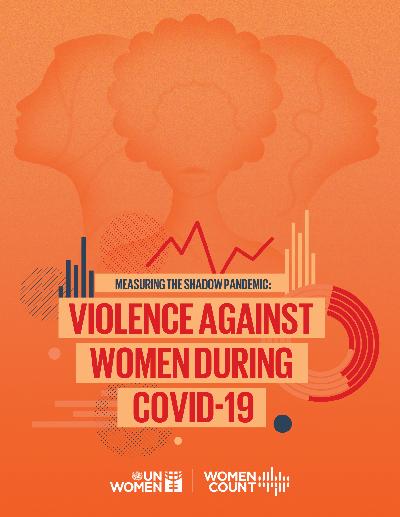
 2003-2011年中国LEAD患病率的流行病学调查情况该统计数据包含了2003-2011年中国LEAD患病率的流行病学调查情况。其中,2007年,MUCA研究人群的总体患病率6.0%。2003-2011年发布时间:2021-03-17
2003-2011年中国LEAD患病率的流行病学调查情况该统计数据包含了2003-2011年中国LEAD患病率的流行病学调查情况。其中,2007年,MUCA研究人群的总体患病率6.0%。2003-2011年发布时间:2021-03-17 2007-2011年中国CAS患病率的流行病学调查情况该统计数据包含了2007-2011年中国CAS患病率的流行病学调查情况。其中,2011年浙江健康体检人群的总体现患率23.0%。2007-2011年发布时间:2021-03-17
2007-2011年中国CAS患病率的流行病学调查情况该统计数据包含了2007-2011年中国CAS患病率的流行病学调查情况。其中,2011年浙江健康体检人群的总体现患率23.0%。2007-2011年发布时间:2021-03-17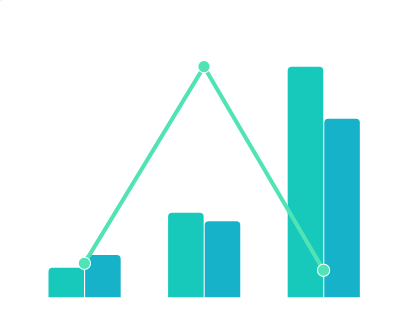 截至2009年中国LEAD患病率的流行病学调查结果该统计数据包含了截至2009年中国LEAD患病率的流行病学调查结果。其中,35岁及以上的浙江舟山男性渔民LEAD患病率为3%。2009年发布时间:2021-01-15
截至2009年中国LEAD患病率的流行病学调查结果该统计数据包含了截至2009年中国LEAD患病率的流行病学调查结果。其中,35岁及以上的浙江舟山男性渔民LEAD患病率为3%。2009年发布时间:2021-01-15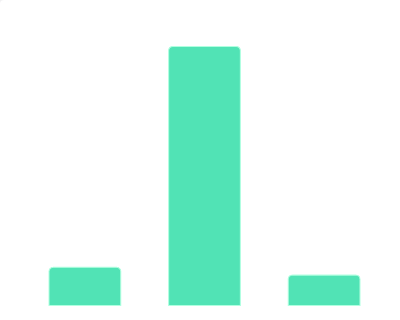 截至2010年中国LEAD患病率的流行病学调查结果该统计数据包含了截至2010年中国LEAD患病率的流行病学调查结果。其中高血压人群男性患病率为27.5%。2010年发布时间:2021-01-15
截至2010年中国LEAD患病率的流行病学调查结果该统计数据包含了截至2010年中国LEAD患病率的流行病学调查结果。其中高血压人群男性患病率为27.5%。2010年发布时间:2021-01-15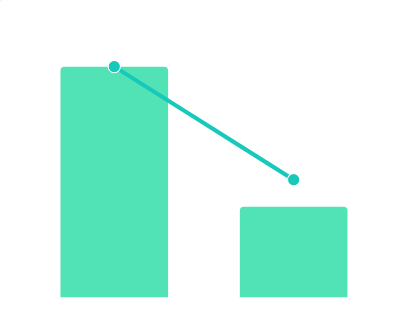 1992年新疆察布查尔锡伯族和哈萨克族先天性心脏病患病率的流行病学调查情况该统计数据包含了1992年新疆察布查尔锡伯族和哈萨克族先天性心脏病患病率的流行病学调查情况。其中,锡伯族患病率5.68‰。1992年发布时间:2021-03-17
1992年新疆察布查尔锡伯族和哈萨克族先天性心脏病患病率的流行病学调查情况该统计数据包含了1992年新疆察布查尔锡伯族和哈萨克族先天性心脏病患病率的流行病学调查情况。其中,锡伯族患病率5.68‰。1992年发布时间:2021-03-17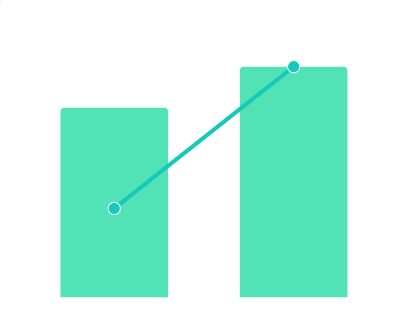 1991年云南大理汉族和白族先天性心脏病患病率的流行病学调查情况该统计数据包含了1991年云南大理汉族和白族先天性心脏病患病率的流行病学调查情况。其中,汉族患病率6.90‰。1991年发布时间:2021-03-17
1991年云南大理汉族和白族先天性心脏病患病率的流行病学调查情况该统计数据包含了1991年云南大理汉族和白族先天性心脏病患病率的流行病学调查情况。其中,汉族患病率6.90‰。1991年发布时间:2021-03-17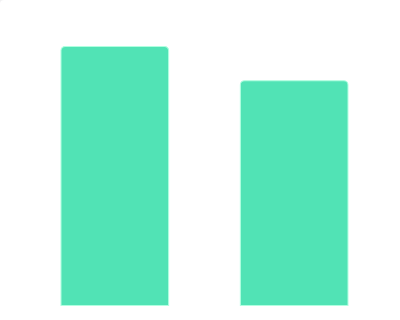 1992年宁夏银川汉族和回族先天性心脏病患病率的流行病学调查情况该统计数据包含了1992年宁夏银川汉族和回族先天性心脏病患病率的流行病学调查情况。其中,汉族患病率3.25‰。1992年发布时间:2021-03-17
1992年宁夏银川汉族和回族先天性心脏病患病率的流行病学调查情况该统计数据包含了1992年宁夏银川汉族和回族先天性心脏病患病率的流行病学调查情况。其中,汉族患病率3.25‰。1992年发布时间:2021-03-17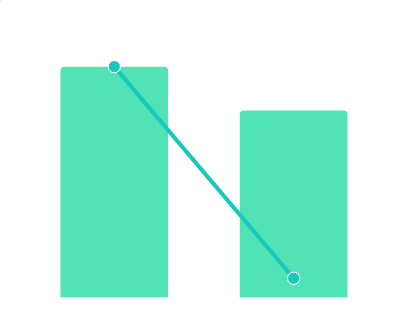 1999年广西桂林汉族和瑶族先天性心脏病患病率的流行病学调查情况该统计数据包含了1999年广西桂林汉族和瑶族先天性心脏病患病率的流行病学调查情况。其中,汉族患病率1.58‰。1999年发布时间:2021-03-17
1999年广西桂林汉族和瑶族先天性心脏病患病率的流行病学调查情况该统计数据包含了1999年广西桂林汉族和瑶族先天性心脏病患病率的流行病学调查情况。其中,汉族患病率1.58‰。1999年发布时间:2021-03-17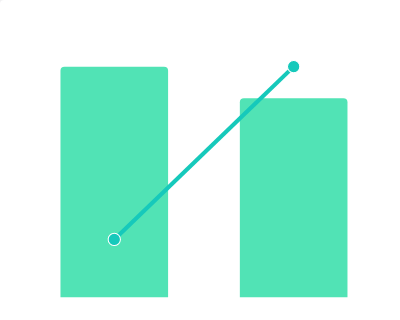 2002年西藏拉萨汉族和藏族先天性心脏病患病率的流行病学调查情况该统计数据包含了2002年西藏拉萨汉族和藏族先天性心脏病患病率的流行病学调查情况。其中,汉族患病率7.09‰。2002年发布时间:2021-03-17
2002年西藏拉萨汉族和藏族先天性心脏病患病率的流行病学调查情况该统计数据包含了2002年西藏拉萨汉族和藏族先天性心脏病患病率的流行病学调查情况。其中,汉族患病率7.09‰。2002年发布时间:2021-03-17 2009年青海省不同民族先天性心脏病患病率的流行病学调查情况该统计数据包含了2009年青海省不同民族先天性心脏病患病率的流行病学调查情况。其中,汉族患病率5.32‰。2009年发布时间:2021-03-17
2009年青海省不同民族先天性心脏病患病率的流行病学调查情况该统计数据包含了2009年青海省不同民族先天性心脏病患病率的流行病学调查情况。其中,汉族患病率5.32‰。2009年发布时间:2021-03-17 1982年青海省不同民族先天性心脏病患病率的流行病学调查情况该统计数据包含了1982年青海省不同民族先天性心脏病患病率的流行病学调查情况。其中,汉族患病率8.10‰。1982年发布时间:2021-03-17
1982年青海省不同民族先天性心脏病患病率的流行病学调查情况该统计数据包含了1982年青海省不同民族先天性心脏病患病率的流行病学调查情况。其中,汉族患病率8.10‰。1982年发布时间:2021-03-17 1992年海南五市县汉族和黎族先天性心脏病患病率的流行病学调查情况该统计数据包含了1992年海南五市县汉族和黎族先天性心脏病患病率的流行病学调查情况。其中,汉族患病率3.04‰。1992年发布时间:2021-03-17
1992年海南五市县汉族和黎族先天性心脏病患病率的流行病学调查情况该统计数据包含了1992年海南五市县汉族和黎族先天性心脏病患病率的流行病学调查情况。其中,汉族患病率3.04‰。1992年发布时间:2021-03-17 2005年云南五地市不同民族先天性心脏病患病率的流行病学调查情况该统计数据包含了2005年云南五地市不同民族先天性心脏病患病率的流行病学调查情况。其中,汉族患病率4.18‰。2005年发布时间:2021-03-17
2005年云南五地市不同民族先天性心脏病患病率的流行病学调查情况该统计数据包含了2005年云南五地市不同民族先天性心脏病患病率的流行病学调查情况。其中,汉族患病率4.18‰。2005年发布时间:2021-03-17 1991-2005年中国大陆部分地区先天性心脏病发生率的流行病学调查该统计数据包含了1991-2005年中国大陆部分地区先天性心脏病发生率的流行病学调查。其中,1991-199年湖南省安仁县调查人数为4931名,流行病发生率为0.98%。1991-2005年发布时间:2021-01-15
1991-2005年中国大陆部分地区先天性心脏病发生率的流行病学调查该统计数据包含了1991-2005年中国大陆部分地区先天性心脏病发生率的流行病学调查。其中,1991-199年湖南省安仁县调查人数为4931名,流行病发生率为0.98%。1991-2005年发布时间:2021-01-15 1983年内蒙古呼和浩特市不同民族先天性心脏病患病率的流行病学调查情况该统计数据包含了1983年内蒙古呼和浩特市不同民族先天性心脏病患病率的流行病学调查情况。其中,汉族患病率1.90‰。1983年发布时间:2021-03-17
1983年内蒙古呼和浩特市不同民族先天性心脏病患病率的流行病学调查情况该统计数据包含了1983年内蒙古呼和浩特市不同民族先天性心脏病患病率的流行病学调查情况。其中,汉族患病率1.90‰。1983年发布时间:2021-03-17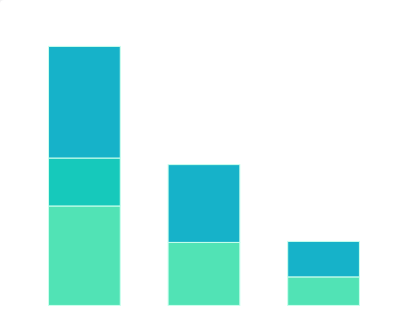 2007年1月1日-12月31日中国北京市先天性心脏病流行病学调查中各类先天性心脏病构成比该统计数据包含了2007年1月1日-12月31日中国北京市先天性心脏病流行病学调查中各类先天性心脏病构成比。其中室间隔缺损先心病种类所有出生儿占比为30.3%。2007年发布时间:2021-01-15
2007年1月1日-12月31日中国北京市先天性心脏病流行病学调查中各类先天性心脏病构成比该统计数据包含了2007年1月1日-12月31日中国北京市先天性心脏病流行病学调查中各类先天性心脏病构成比。其中室间隔缺损先心病种类所有出生儿占比为30.3%。2007年发布时间:2021-01-15 1995-2010年中国大陆部分地区围产儿先天性心脏病患病率的流行病学调查情况该统计数据包含了1995-2010年中国大陆部分地区围产儿先天性心脏病患病率的流行病学调查情况。其中,2010年,安徽铜陵市城区新生活产儿患病率12.01‰。1995-2010年发布时间:2021-03-17
1995-2010年中国大陆部分地区围产儿先天性心脏病患病率的流行病学调查情况该统计数据包含了1995-2010年中国大陆部分地区围产儿先天性心脏病患病率的流行病学调查情况。其中,2010年,安徽铜陵市城区新生活产儿患病率12.01‰。1995-2010年发布时间:2021-03-17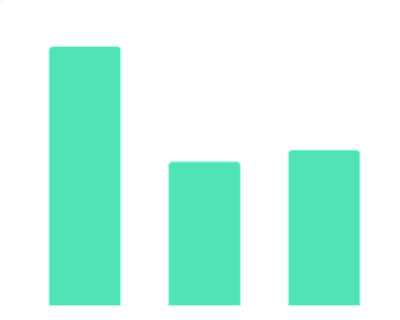 1982-2009年中国大陆部分地区横断面先天性心脏病患病率的流行病学调查情况该统计数据包含了1982-2009年中国大陆部分地区横断面先天性心脏病患病率的流行病学调查情况。其中,2005年云南潞西3-18岁人群患病率16.99‰。1982-2009年发布时间:2021-03-17
1982-2009年中国大陆部分地区横断面先天性心脏病患病率的流行病学调查情况该统计数据包含了1982-2009年中国大陆部分地区横断面先天性心脏病患病率的流行病学调查情况。其中,2005年云南潞西3-18岁人群患病率16.99‰。1982-2009年发布时间:2021-03-17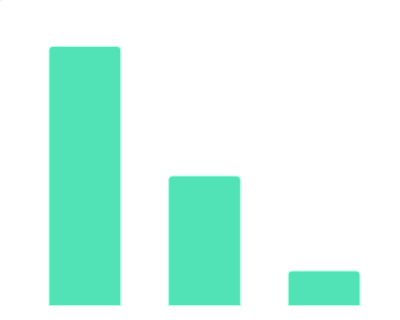 2020年以前改变世界的流行病统计该统计数据包含了2020年以前改变世界的流行病统计。其中发源于中国的腺鼠疫致死率达60%。。2020年发布时间:2020-08-07
2020年以前改变世界的流行病统计该统计数据包含了2020年以前改变世界的流行病统计。其中发源于中国的腺鼠疫致死率达60%。。2020年发布时间:2020-08-07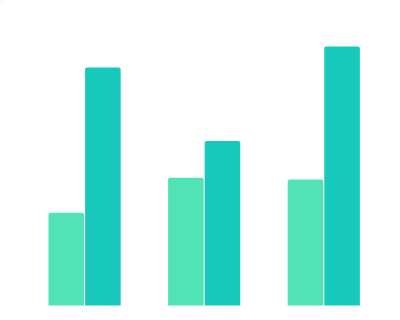 1991年-2015年中国行业标准下正常体重和超重儿童高血压检出率该统计数据包含了1991年-2015年中国行业标准下正常体重和超重儿童高血压检出率。数据显示,超重或肥胖的儿童高血压的检出率明显高于正常体重的儿童。1991-2015年发布时间:2022-04-14
1991年-2015年中国行业标准下正常体重和超重儿童高血压检出率该统计数据包含了1991年-2015年中国行业标准下正常体重和超重儿童高血压检出率。数据显示,超重或肥胖的儿童高血压的检出率明显高于正常体重的儿童。1991-2015年发布时间:2022-04-14





